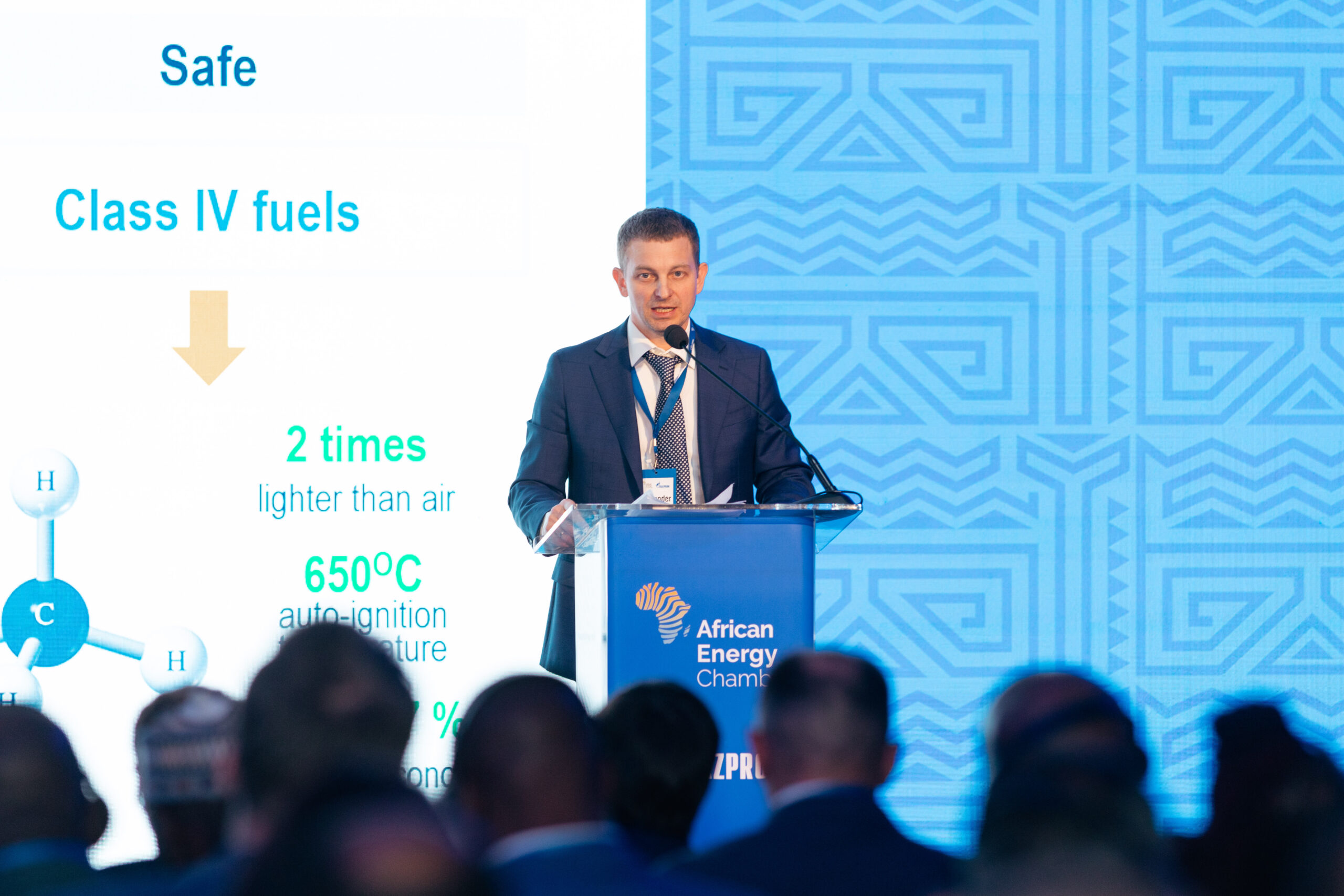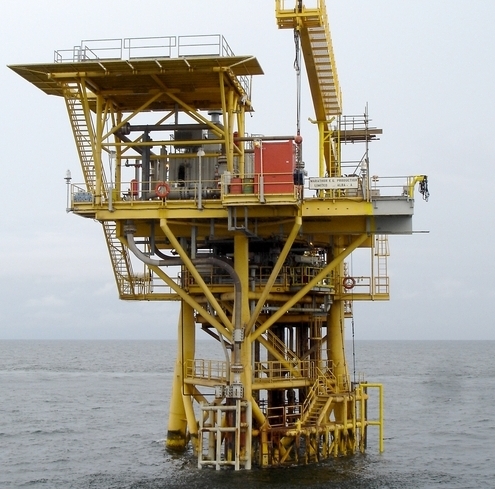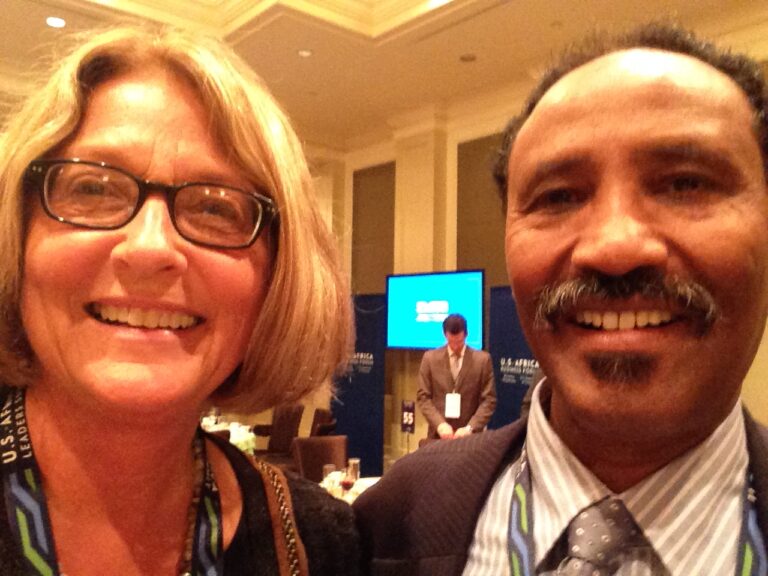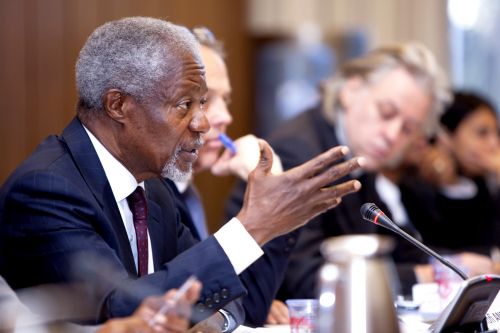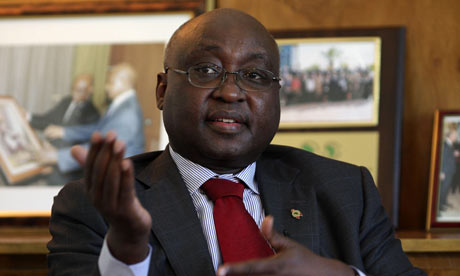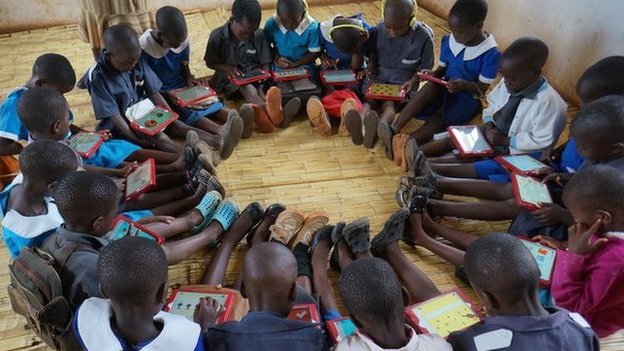A NEW TYPE OF STRATEGIC PARTNERSHIP BETWEEN CHINA AND AFRICA
July 14, 2012 By André Thomashausen*, UNISA 13/7/12 At a recent public occasion at the University of the Witwatersrand, China’s new Ambassador to South Africa, Mr Tian Xuejun, announced that the fifth FOCAC Ministerial Conference in Beijing on 19 and 20 July will mark the commencement of a “new type of strategic partnership” between China and Africa. With undertones from a long past Maoist era, Ambassador Tian Xuejin echoed the currently fashionable hostility of his government against the free media, stating that “people … with … Cold War mentality … have disturbed the sound and stable development momentum of China- Africa cooperation.” He explained: “Some western politicians and media also tend to make irresponsible remarks on China-Africa relations, attempting to mess up with our cooperation.” The honeymoon of the much praised Chinese – African friendship is over. The steel wheels of Chinese locomotives in Namibia have cracked under their first load, and cannot be repaired. Angola, as a result, preferred to recondition its rusted 1960ies locomotives from General Electrics. And the Angolan government is openly worried about an official figure of just over 270.000 Chinese workers in that country. Chinese companies do not hire locals. The light delivery vans imported under the name of Chana are referred to by their users as the “rolling coffins”. Their archaic 1950ies design turns them in death-traps, in case of an even minor accident. African farmers and artisans no longer buy tools, batteries or tyres imported from China. The quality of the products shipped to the African markets is simply too bad. In Mozambique, the government had to intervene to stop a spreading practice of Chinese supervisors to use long and painful whips in their communication with African construction workers. In Zambia, relations became strained, after Chinese mine managers shot Zambian workers in a labour dispute. In South Africa, a total of 60 bilateral agreements with China prevent us from protecting our ferrochrome steel industry by introducing an export tax on our ferrochrome ore which feeds Chinese steel mills. Dozens of these fairly new mills turn South African ore into high value steel. They operate with capital and labour costs that are a mere 20% of our local South African input costs. The promise by Ambassador Tian Xuejin that the “new type of strategic partnership” would finally create jobs and stimulate manufacturing in Africa is difficult to understand. The highest paid skilled workers in private sector Chinese factories earn 340 Euros (3.400 Rand) per month, on the basis of an eleven hour working day, with 5 days leave per year. How could any Chinese assembly or manufacturing in South Africa be competitive, where our skilled workers will earn at least 4 times the Chinese wage, working 8 hours a day, under what we consider minimally human working conditions? No doubt, and as I argued 2 years ago in my piece entitled “China is filling the gap left by Nepad's failure”, Chinese African Cooperation has achieved an all-important leap in the rebuilding of essential infrastructures throughout Africa. China’s direct investment in public works in Africa is impressive. Most new railways, roads, airports, convention centres, parliament and government buildings, hospitals and countless schools are the tangible and foundational results of Chinese credit lines, serviced with African raw materials, to pay Chinese state owned construction companies. 33 bi-lateral Chinese – African investment treaties have laid a solid foundation for future trade and industrial co-operation. Most recently, China’s Sinopec has outbid KBR from the USA for the building of South Africa’s first mega refinery in Coega, to nearly double our current refining capacity. However, enforcing legitimate local content policies in our cooperation with Chinese industries will become the principal challenge. China’s latest five year plan places great emphasis on advancing a more scientific and rational, rather than ideological or merely pragmatic approach to leadership and the making of decisions. A rational and long term vision of economic cooperation with Africa must begin to promote sustainable development on this continent. Sustainable development in Africa cannot be achieved by continuing to push for an exchange of raw materials against sub-standard industrial products as a means to support the ailing state owned Chinese industries, effectively subsidizing them with the proceeds from the discounting of African minerals. Africa has no interest in being treated like China was treated by Russia in the 1950ies. The scientific reformulation of Chinese-African Cooperation must integrate a strategy for the growth of manufacturing and beneficiation in Africa. Only by investing in African employment, will China be able to develop the future markets for its products. Just like Toyota eventually had to accept to build its cars in the USA, so will GWM, or Suntech, for instance, be wise to consider manufacturing in Africa. A rational policy formulation will seek consultation and inputs from many sources of knowledge. This is why Chinese scientific and academic cooperation with Africa should grow into a 2way process. Offering African students bursaries to study in China, and supporting Chinese language tuition in Africa, is a paternalistic type of friendship. Chinese-African friendship will be able to benefit in many ways, if the Chinese decision making process would listen to and understand the concerns and voices Out of Africa. *Prof. Dr. Thomashausen is manager of the Centre of Foreign and Comparative Law at Unisa

